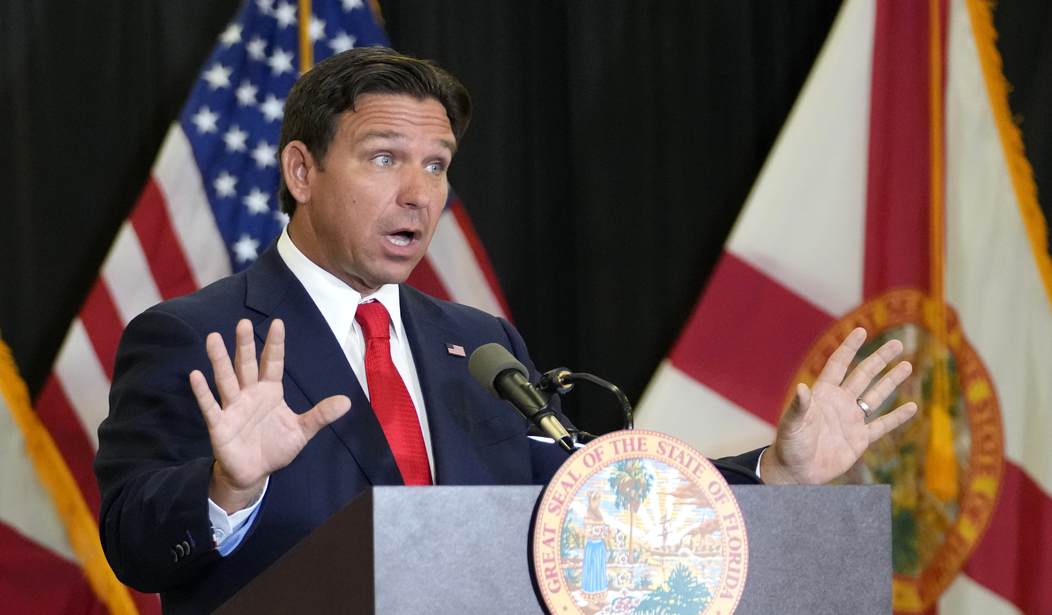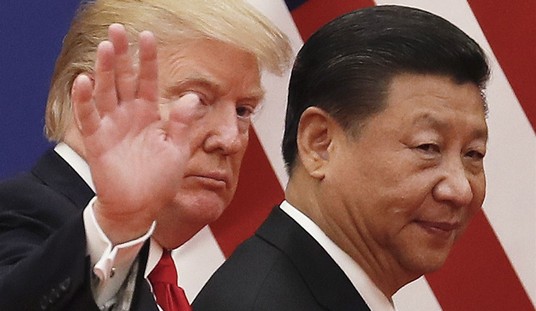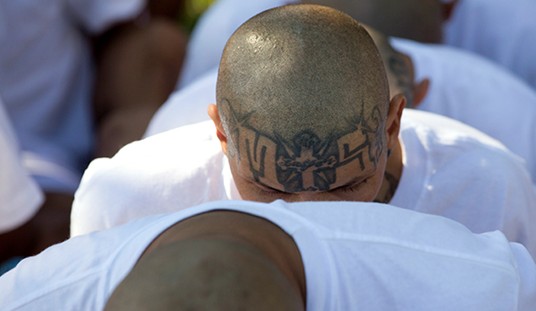More than a couple of weeks have passed since the 2024 election, and we know that Trump won a decisive victory. The Republicans won control of the Senate and kept control of the House. Yet the counting isn't over. Most races were called the week of the election, but an embarrassing number of House and Senate seats took forever to call. A couple of House seats remain uncalled, according to DecisionDeskHQ.
Why is counting votes so hard? It shouldn't be. Yet every election, it's like we prove to the world that the United States is a joke. The longer elections take to count, the more distrust it fuels in the results. To this day, there are people on the left who wholeheartedly believe that George Bush stole the 2000 election from Al Gore — including Joe Biden.
That election, perhaps more than anything in American history, sowed distrust in our elections. We spent weeks not knowing who the victor was. We spent weeks debating butterfly ballots, voter intent, hanging chads, and pregnant chads. Knowing that the outcome of the election depended on the outcome of Florida, we saw the worst of the worst. There were even reports that Al Gore's legal team celebrated when they got some overseas military ballots thrown out.
While I don't mean to relitigate that election, the important thing to note is that Florida learned its lesson. In this last election, over 90% of the nearly 11 million votes that were cast in the election were counted within a couple of hours. This stunning feat was also achieved in 2020.
According to Reason magazine, in the 2020 election, over 11 million people voted in Florida, the third-highest turnout in the nation. Remarkably, 93% of the votes were reported within 90 minutes after polls closed on November 3. "By comparison, Pennsylvania still had around 25 percent of its vote total left to count at 9 a.m. on the morning after Election Day. The Keystone State quickly became ground zero for legal wrangling over the results and attendant conspiracy theories."
Gov. Ron DeSantis praised the quick turnaround, saying, "I think we finally vanquished the ghost of Bush v. Gore."
How did Florida go from a national laughing stock to the gold standard in election vote counting?
"Though it took a crisis to get the ball rolling, at least the Florida state government didn't take long to respond to the chaos of the 2000 election," explained Reason.
Just five months later, at the urging of Jeb Bush, the state Legislature enacted a sweeping overhaul of Florida's election rules. The Election Reform Act of 2001 banned the use of punch-card voting machines and required the secretary of state (rather than county-level elections officials) to have the final say over which kinds of voting machines could be used in the future. The law also clarified Florida's rules for automatic recounts and set more stringent time frames for the certification of vote counts—a move intended to prevent the seemingly interminable recounts in 2000. It also created new statewide rules for issuing provisional ballots and how those would be counted, with an eye toward ensuring as many Floridians as possible could vote.
"My hope is that people will see that we have resolved the problem," Jeb Bush said back in 2001. "Other states ought to look at this as a model because if there is another close election in another state, I guarantee you that they will not be able to withstand the incredible scrutiny that occurred in Florida."
The question is: why haven't they? If Florida can do it, every state can.










